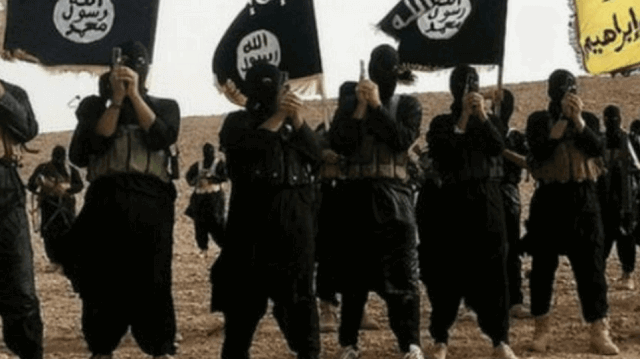In 2015, Samima Begum left Britain with two of her friends, the country where she was born and raised, to go to Syria, where she married a jihadist – Today she is being held in a camp by Syrian Kurds
Samima Begum, who left Britain as a teenager and joined the Islamic State in Syria to be stripped of her British citizenship a few years later, was trafficked, her lawyers said today.
In 2015 , at the age of just 15 , Begum left Britain with two of her friends, the country where she was born and raised, to go to Syria.
There, she married an Islamic State jihadist of Dutch descent, eight years her senior. She is currently being held by Syrian Kurds in the Roz camp in northern Syria and wants to return to Britain and be given back her British citizenship, which was revoked in 2019 for national security reasons.
In February, however, the Supreme Court rejected her request to return to the country. The young woman’s lawyers, now 21 , told the Special Immigration Appeals Committee (SIAC), a court hearing such cases, that the interior ministry was obliged to determine whether she had been a victim of human trafficking.
” The counterterrorism service suspected she was being controlled and coerced,” said her lawyer, Samantha Knight, when she left the country.
According to Begum’s legal advisers, the interior ministry did not consider whether it was ” a child, a victim of human trafficking, who stayed in Syria to be sexually exploited and forced into marriage .”
The ministry, for its part, notes that Begum herself, in her testimony, has never stated that she was a “victim of human trafficking.”
Begum also disputes the removal of British citizenship, which made her de facto stateless. Knight described her detention in the Rothschild as “catastrophic” and called on SIAC to reconsider its client’s appeal of her citizenship.
In April, the human rights NGO Reprieve reported that about two-thirds of British women and children held in camps in northeastern Syria were victims of human trafficking and denounced their “abandonment” by London. .
The organization estimates that there are still 25 British adults and 34 children living in these camps.



